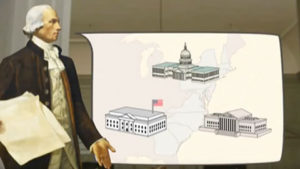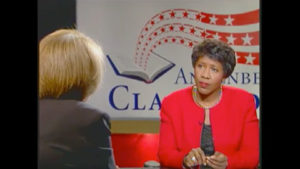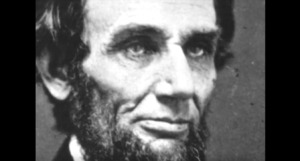The complex relationship between the presidency and public opinion is examined by leading historians, political scientists and public figures who also offer insight into the office and its occupants from George Washington to Franklin D. Roosevelt.
Article II – Treaty-Making Authority
Article II, Section 2, of the Constitution gives the president the power to make treaties with other countries, with the approval of two-thirds of the Senate.
Key Constitutional Concepts: Presidential Power
This lesson focuses on the landmark U.S. Supreme Court case Youngstown Sheet & Tube Co. v. Sawyer, which challenged the extent to which the president of the United States can exercise power during times of foreign conflict.
Key Constitutional Concepts
This three-part documentary discusses why and how the Constitution was created at the Constitutional Convention, explores the protection of individuals’ rights in Gideon v. Wainwright, and examines the limits of presidential power in Youngstown v. Sawyer.

Presidential Signing Statements
Four short videos explain the significance of presidential signing statements: Separation of Powers, Non-Enforcement, the Unitary Theory and the President’s Intent. Hosted by Gwen Ifill, senior correspondent for The NewsHour with Jim Lehrer.

Executive Command
Who wants to be President? Players must use their multitasking skills as they consider bills to sign, fly off for diplomatic meetings and act as commander-in-chief to handle a military crisis.
